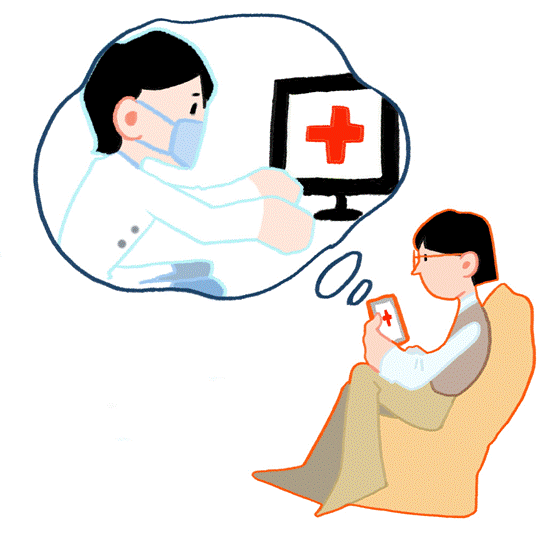38: Advice for the Hearing-Impaired and Vision-Impaired on Prevention and Self Care

Q: What special precautions are recommended for the hearing-impaired and vision-impaired? 💁 Tracy: Follow news and updates on the pandemic by using screen peek (for the vision-impaired), speech-to-text (for the hearing-impaired) and other technological means. Use public facilities and stores during special opening hours for people with disabilities. Regularly clean and disinfect frequently touched surfaces. Stock up about 2 weeks’supply of necessities, such as food, cleaning supplies, and medicines. Reduce shopping trips and other such outside trips. Talk to your doctors about your special needs and your medication needs, and ask them about the changes needed. Plan for emergencies, in case your caretakers may not be able to come on a regular basis. Find other alternative caretakers if possible. In case you have any symptoms, contact your doctors and local healthcare facilities, and arrange for any needed transportation. 💁 Tracy’s travel advice for the hearing-impa...





